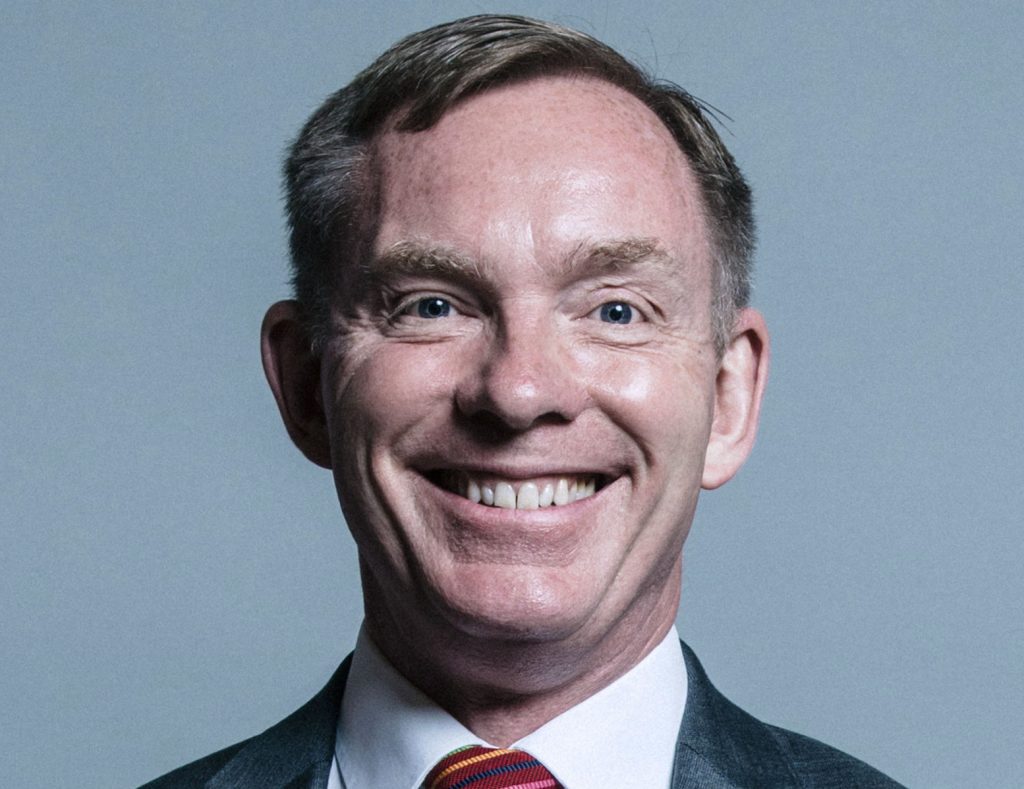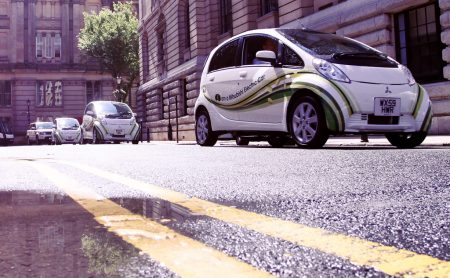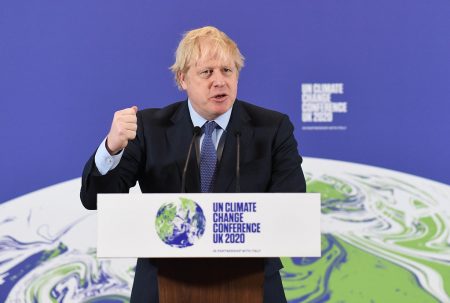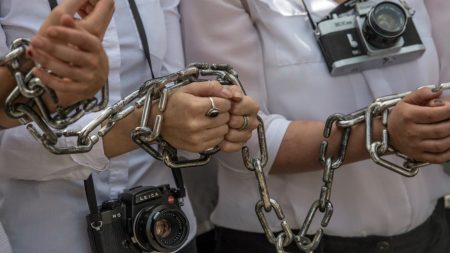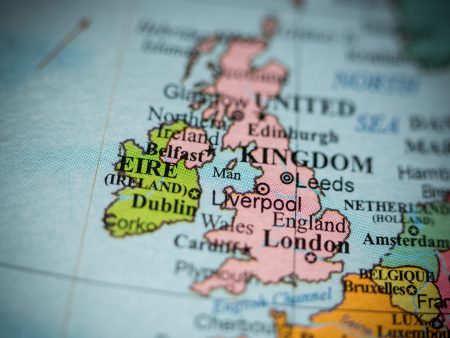The hands on the clock in the House of Commons tea room are missing. I don’t suspect foul play. But I don’t know when they disappeared. It could have been weeks ago for all I know, as I’ve made most of my speeches in parliament since January from my own little private corner of parliamentary privilege, aka our spare room in Porth, in the Rhondda. All I’ve seen of my colleagues this year are their head and shoulders on Zoom calls or on the vast screens that relay virtual speeches and questions to the chamber. Some shielding MPs have not set foot in Westminster for a full 12 months and I feel I know MPs’ spare bedrooms better than I know them.
Does that matter? Yes, I want to scream. Politics is a social affair. It’s all about how we interact with and depend on one another. The best decisions tend to be made when the people in power are put on their mettle. But this year’s mutant variant of parliament has had a virulent effect on politics, slaying spontaneity and rendering everything terribly predictable. There’s a daily list of who is going to be called. Nearly all the votes are cast by whips as proxies for the rest. Barely a handful of members are in the chamber, so no minister has to face the changing mood of the House. The only chill a minister might catch will come from the fact that all the doors are kept permanently open and we sit there shivering into our masks. No wonder ministers are laughing.
As for the 2019 intake of MPs, many of them have been to the Commons so rarely they don’t even know where the vote office and the public bill office are, let alone the Hall Keeper’s Lodge (vital for retrieving lost property).
Shut up, Bryant, I hear you cry. Who cares, as long as government does its work? Yes, I know everyone derides the social aspects of parliament. The very idea of MPs raising a glass of red or downing a pint together fills some people with fury. Some think it’s downright immoral to have friends in other parties, that it’s consorting with the enemy. But man and woman does not die by Covid alone and over the last 20 years I have learnt that many of the most successful campaigns are cross-party ones. When I wanted to change the law on assaults on emergency workers, I needed Tory MPs to whisper in their whips’ ears to see off their objections. I relied on Tory friends for that. Likewise, don’t ask me why I have Michael Gove’s mobile number, but I have used and abused it to nag him about government support for people with an acquired brain injury, and it’s getting results. I could never have set up the brain injury group without the support of the Tories John Glen, John Hayes and Chris Heaton-Harris. Long, half-hushed chats with Damian Collins and Bim Afolami in the Library have often steered me in a new direction as we have found a common cause on issues outside the curtilage of party politics. And every MP I respect has a similar experience – forging unlikely partnerships in the interests of getting things done. Just think of Carolyn Harris and Iain Duncan Smith working together on children’s funerals.
My fear is that this parliament of shadows may leave a long-lasting negative imprint on politics. Most of the new intake on either side of the House have had no time or opportunity to discover cooperation across the aisle. The only colleagues they know are in their partisan/factional WhatsApp groups. They’ve never queued for their scrambled eggs behind a colleague from a different party. They’ve never visited a day centre or a prison as a member of a select committee with someone with a different philosophy. Inevitably, opponents are already being demonised. Witness the new Tory MP, Lee Anderson, who made a speech virtually in the Policing Bill that he would never have made in the chamber if he had to accuse Labour MPs of being criminals to their face. I know it sounds pious, but voters prefer politicians to cooperate for the common good and I’ve never found it difficult to disagree intensely with someone else’s politics, yet still find their shared humanity.
I therefore hope the hands on the clock will return soon and we can return to proper politics with tough scrutiny, robust cross- party cooperation and a healthy social life.

